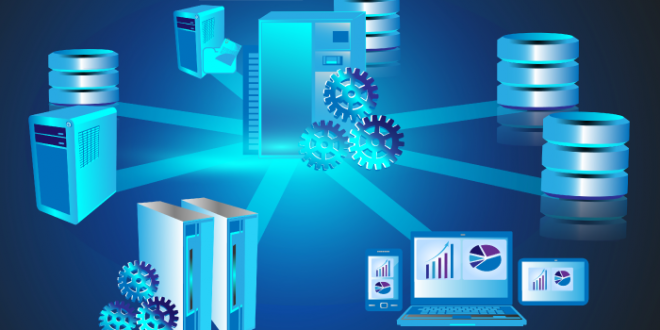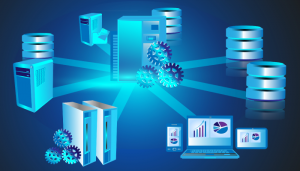A database (its abbreviation is DB, database) is an entity in which it is possible to store data in a structured manner and with the least possible redundancy. This data must be able to be used by programs, by different users. Thus, the concept of database is generally coupled with that of network, in order to be able to share this information, hence the name base. We generally speak of an information system to designate the entire structure grouping the means put in place to be able to share data.
Usefulness of a database?
A database makes it possible to make data available to users for consultation, input or even updating, while ensuring the rights granted to them. This is all the more useful as there is more and more computer data. A database can be local, that is to say usable on a machine by a user, or distributed, that is to say that the information is stored on remote machines and accessible by network.
Click Here: Web Hosting in Pakistan
The major advantage of using databases is the possibility of being able to be accessed by several users simultaneously.
Database management:
In order to be able to control the data as well as the users, the need for a management system quickly became apparent. The management of the database is done thanks to a system called DBMS (Database management system). The DBMS is a set of services (software applications) for managing databases, that is to say:
- provide easy access to data
- allow access to information to multiple users
- manipulate the data present in the database (insertion, deletion, modification)
The DBMS can be broken down into three subsystems:
The file management system:
It allows the storage of information on a physical medium.
The internal DBMS:
He manages the scheduling of information.
The external DBMS:
It represents the interface with the user.
Source : https://www.dmtwebhosting.com/
 Universal Bloggers
Universal Bloggers






